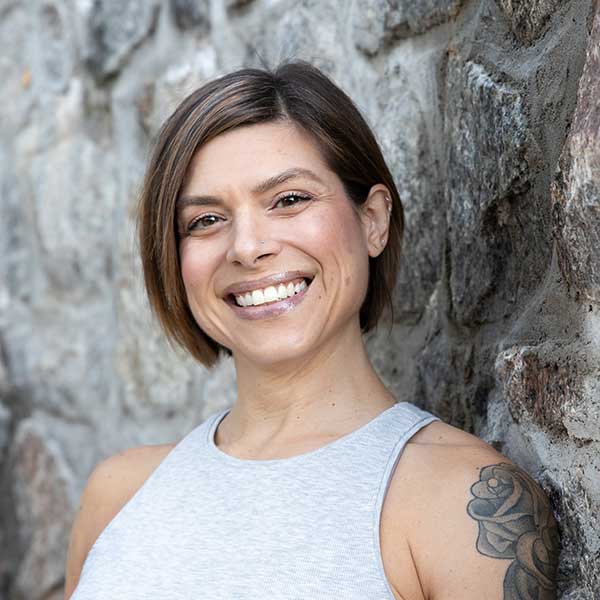Are You Drinking Enough Water? (Video)
Hydration is a spectrum. Even if you’re not dehydrated, being chronically underhydrated is a problem.
All processes in the body require water. Water is needed to transport nutrients, eliminate waste, give form to cells, and lubricate joints. All your systems need waters: cardiovascular, renal, and endocrine (hormones).
Trying to lose weight?
People who drank 16oz of water burned 30% more calories at rest for 90 minutes.
Water loss:
You lose over 80oz of water daily as water vapor through respiration (this is why it’s important to breathe through your nose), insensible sweat, waste, sensible sweat. And you lose even more when sweating because of exertion (like during a tough workout) or in hot temps. The old myth of “eight 8oz glasses” isn’t cutting it and “half your bodyweight in ounces” isn’t even close.
So how much do you need:
The National Academy of Medicine suggests 125oz for males and 91oz for females. Obese individuals need even more. I suggest 100oz daily. If you’re hitting that, expect to urine hourly. That’s normal.
You cannot rely on thirst. If you’re thirsty, it’s too late, you’re already dehydrated.
Where is the water?
Your body mass is 50-60% water. Oil and water don’t mix: Water is NOT in fat. It’s stored in fat-free mass, like muscle tissue. As you age, if you’re not strength training (and eating properly), you’re losing muscles mass. That means you’re losing your storage system for water. That makes older adults more prone to dehydration.
Water is in cells, between cells, and in blood as plasma. Plasma is the highest priority. So when you sweat (which comes from blood plasma), your body “steals” water from your cells to replace it in plasma. That’s what causes dehydration.
Side Effects of Low Hydration:
If you’re down just 4%, you’re dehydrated. A loss of 1-3% and you’ll feel it physically and mentally. Your body “covers” for your chronic state low-hydration by creating a stress response. Your body has to increase cortisol to reabsorb water from urine. So being underhydrated contributes to the low-level chronic stress that is the cause of so many diseases.
Dehydration leads to an increase production of urea. Which comes from tissue breakdown. Drinking sufficient water is one way to maintain the muscle you worked so hard to earn at the gym.
Dehydration increases your risk for chronic disease like Type 2 Diabetes, kidney disease, and metabolic syndrome (belly fat, insulin resistance, high BP, and chronic inflammation). Other conditions associated with chronic low hydration: heart failure, vascular dementia, cognitive impairment, IBS, cancer, and premature death.
Water and your workouts:
If you’re working out while dehydrated, your endurance is lower, you’ll fatigue quicker, you’ll have less strength and power, your HR will be higher, and you’ll perceive the workout as bing harder than it is. That’s huge! If your workout feels hard and you’re not enjoying it or feeling successful, you’ll get less done or you might quit early. The broader implication is that you have no positive reinforcement to make the habit of exercise stick.
How to Hydrate:
Water is best! It’s absorbed in the small intestines. So if you’re drinking fruit juice (including coconut water) or sugary drinks, there’s more for your stomach to breakdown compared to plain water. That slows the process of getting the water to small intestines. Sports drinks should have no more than 2.5% carbohydrates. Drink no more than 20oz of fluid at a time.
Hydrate with 20oz of water 60-90 minutes before your workout. Drink water every 30 minutes post-workout.
Trainer’s Tips:
- Drinking 100oz doesn’t happen by accident.
- Log water using an app, record it in your planner, or track in the notes app on your phone.
- Refill your bottle only when it’s empty for more accurate tracking.
- Increase daily intake by 10-20oz at a time and work your way up to 100oz.
- You have to start your day with water (tap water or hot lemon water before coffee).
https://blog.nasm.org/hydration-through-the-lens-of-fitness-and-health
Alicia Cross is a Certified Personal Trainer, Accountability Coach, and Yoga Teacher with more than 19 years’ experience working with clients just like you. If you have questions, email Alicia@AliciaCrossTraining.com.
As an Amazon Associate I earn from qualifying purchases.



